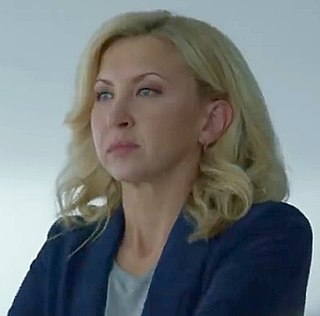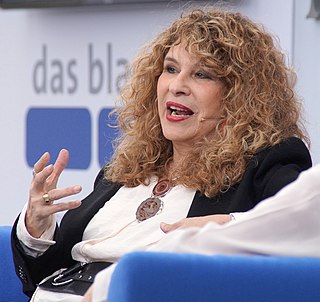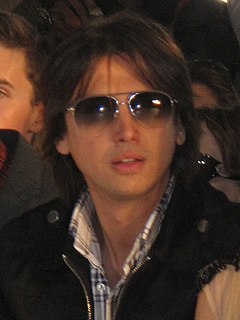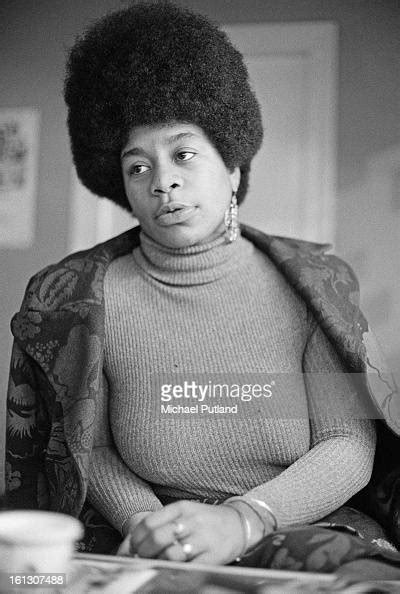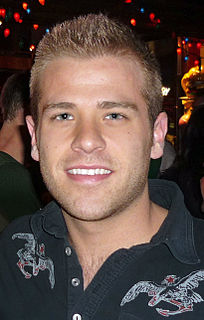A Quote by Rita Dove
My best times are midnight to six actually. I'll leaf through my notebooks and if something catches my eye and I feel like I want to transfer it from the notebook to the page, I do, and then comes this very strange process which is difficult to describe in that I'll write until I get stuck or I can't go any further or I'm boring myself or whatever and then I might go to another poem.
Related Quotes
I think having pointers and having guidance from mentors is very important, but it never actually embodies what you go through. And if something doesn't feel good, why do you repeat it? If you feel good bemoaning an audition for a week, go for it. But if you feel better bemoaning an audition that didn't go very well for 30 minutes because you believe in the craft and the process, then I suggest you do that. And that's what I suggest to myself. The alternative is way too painful and destructive.
With non-fiction writing I feel like I'm confined and driven by what actually happened. That makes the "plot". So it's a process of getting all of my notes typed up, then scanning through the notes, trying to extract or find certain vignettes that seem like they might write well - that might have a potential for good energy, shape, etc. And then at some point I start stringing these together, keeping an eye on the word count.
If it's physical pain, you just deal with it the best way you can. But if it's more emotional, I don't know. I just try my best to feel it, take it in, and just allow myself to go through whatever may actually come from it. And then a certain amount of it, you can use to transform it through art, which is the healthy way of dealing with it, as well.
Sometimes it's not like I write very specific, it's more like I add an atmosphere almost to something that might have been quite awkward in my mind from the beginning. Something has happened and I want to force myself to think of it in a more positive way. And then I force myself to write something that convinces me that this is actually something pretty good or something that I learned something valuable from.
I never think of my audience when I write a poem. I try to write out of whatever is haunting me; in order for a poem to feel authentic, I have to feel I'm treading on very dangerous ground, which can mean that the resulting revelations may prove hurtful to other people. The time for thinking about that kind of guilt or any collective sense of responsibility, however, occurs much later in the creative process, after the poem is finished.
When I was about 7 years old, I had been labeled dyslexic. I'd try to concentrate on what I was reading, then I'd get to the end of the page and have very little memory of anything I'd read. I would go blank, feel anxious, nervous, bored, frustrated, dumb. I would get angry. My legs would actually hurt when I was studying. My head ached. All through school and well into my career, I felt like I had a secret. When I'd go to a new school, I wouldn't want the other kids to know about my learning disability, but then I'd be sent off to remedial reading.
I have a notebook that I take with me everywhere. I free-write in it when there are situations that I know I can write a song about. I will just start writing everything that I can think of while trying to write some things that are kind of poetic or sound like they could be in a song. Then, after the music is written, I go back and look at my subjects to see which one I think woud go with what music. Then, I formulate it into a melody and get the song.
Opportunities may come along for you to convert something -something that exists into something that didn't yet. That might be the beginning of it. Sometimes you just want to do things your way, want to see for yourself what lies behind the misty curtain. It's not like you see songs approaching and invite them in. It's not that easy. You want to write songs that are bigger than life. You want to say something about strange things that have happened to you, strange things you have seen. You have to know and understand something and then go past the vernacular.



